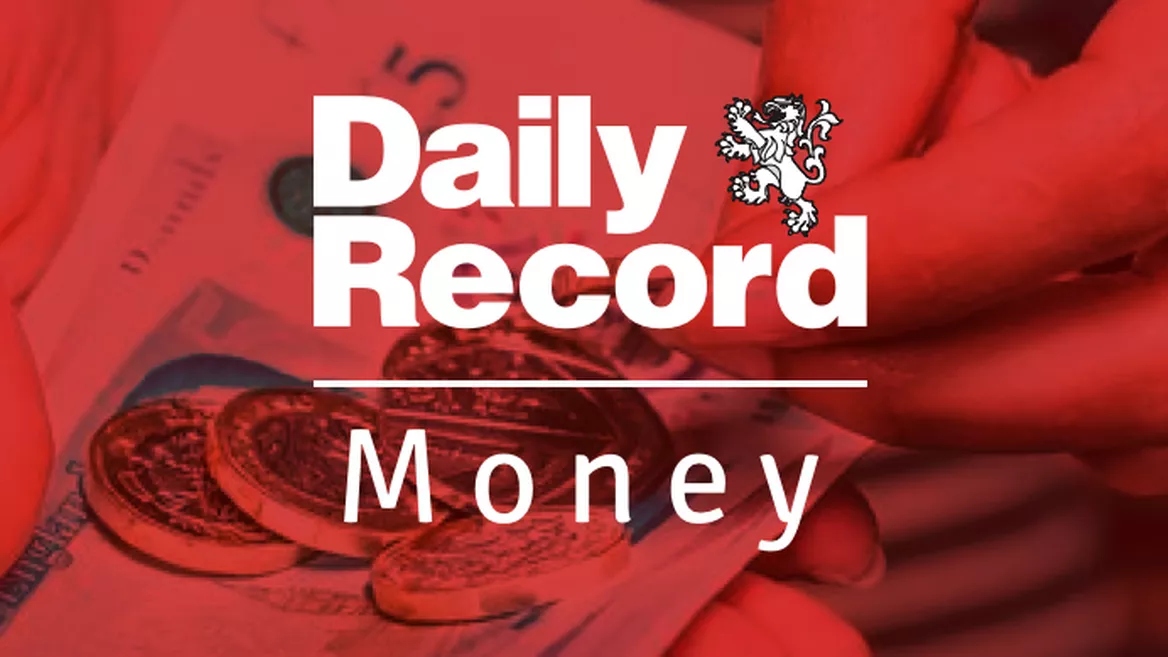The earnings growth measure looks set to be the multiplier for the Triple Lock for the annual uprating.
Under the Triple Lock, the New and Basic State Pension increase each year in-line with whichever is the highest between average annual earnings growth from May to July, Consumer Price Index (CPI) inflation in the year to September or 2.5 per cent. Over the current financial year, the State Pension will cost the UK Government an estimated £145.6 billion.
People on the full New State Pension could see payments rise by around £574 next year under the Triple Lock as earnings growth (4.8% including bonuses) has outpaced the rate of inflation (3.8%). The increase under the earnings growth would see weekly payments of the New State Pension rise to up to £241.30 and £184.90 for those on the Basic State Pension.
However, Derence Lee, Chief Finance Officer at Shepherds Friendly warns that the long-term sustainability of the State Pension Triple Lock is a topic that won’t go away, despite political parties’ reluctance to address it.
READ MORE: DWP income boost for people working after reaching State Pension ageREAD MORE: New call for £25,140 personal tax allowance for people over State Pension age
The Labour Government confirmed earlier this year that the Personal Allowance will remain frozen at £12,570 until April 2028 and Pensions Minister Torsten Bell quashed growing speculation on social media that the State Pension would become means-tested.
Derence Lee said: “Due to the extremely high levels of inflation the UK has experienced since 2020, State Pensions have been increasing at a rate that some experts believe to be unsustainable in the long term.
“With pensions expected to surpass the frozen tax-free allowance limit next year, which will remain unchanged by the UK Government until 2028, more retirees will be pushed into the tax-paying bracket. As a result, pensioners should begin to take into account that they may soon need to pay income tax on their pensions should no changes be made to current status-quo.
“While the Triple Lock has been helpful in ensuring retirees’ incomes keep up with the cost of living, taxing pensioners could have significant financial implications, particularly for those who rely heavily on their pensions to cover essential living costs and make ends meet.”
The financial expert added: “For those looking to retire in the near future, they should consider how their income can be built up by saving into a tax-free ISA, growing their savings through investments where possible, and utilising workplace pension schemes to secure their future income during retirement.
“Due to the increasingly ageing population and the context of economic uncertainty, it can be hard to predict what the future of the Triple Lock will look like, so it’s always best to have a financial back up plan in place where possible.”
 The earnings growth measure looks set to be the multiplier for the Triple Lock for the annual uprating.(Image: Getty )
The earnings growth measure looks set to be the multiplier for the Triple Lock for the annual uprating.(Image: Getty )
Chancellor Rachel Reeves will announce the annual uprating at the Autumn Budget on November 26. An uprating of 4.8 per cent on the current State Pension would mean people receive the following amounts:
Full New State PensionWeekly: £241.30 (from £230.25)Four-weekly pay period: £965.20Annual amount: £12,547Full Basic State PensionWeekly: £184.90 (from £176.45)Four-weekly pay period: £739.60Annual amount: £9,614State Pension and tax
Guidance on GOV.UK states: “You pay tax if your total annual income adds up to more than your Personal Allowance. Find out about your Personal Allowance and Income Tax rates.
Your total income could include:
the State Pension you get – Basic or New State PensionAdditional State Pensiona private pension (workplace or personal) – you can take some of this tax-freeearnings from employment or self-employmentany taxable benefits you getany other income, such as money from investments, property or savingsCheck if you have to pay tax on your pension
Before you can check, you will need to know:
if you have a State Pension or a private pensionhow much State Pension and private pension income you will get this tax year (April 6 to April 5)the amount of any other taxable income you’ll get this tax year (for example, from employment or state benefits)
You cannot use this tool if you get:
any foreign incomeMarriage AllowanceBlind Person’s Allowance
Use this online tool at GOV.UK to check if you have to pay tax on your pension. The full guide to tax when you get a pension can be found on GOV.UK here.
 Get the latest Record Money news
Get the latest Record Money news
Join the conversation on our Money Saving Scotland Facebook group for money-saving tips, the latest State Pension and benefits news, energy bill advice and cost of living updates.
Sign up to our Record Money newsletter and get the top stories sent to your inbox daily from Monday to Friday with a special cost of living edition every Thursday – sign up here.
You can also follow us on X (formerly Twitter) @Recordmoney_ for regular updates throughout the day or get money news alerts on your phone by joining our Daily Record Money WhatsApp community.

